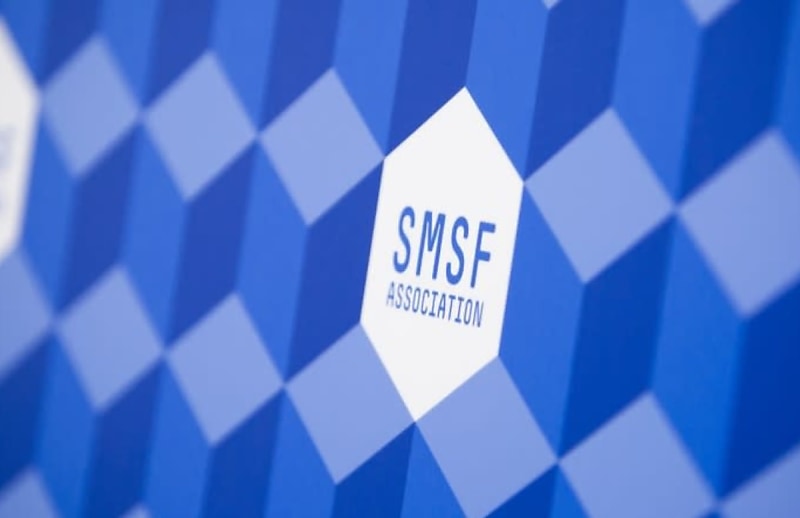Following the release of the December quarter CPI figure this week, the general transfer balance cap is set to increase from $1.7 to $1.9 million from 1 July 2023.
In a recent article, SMSF Association technical manager Fabian Bussoletti noted that due to the proportional indexation approach that is used to calculate an individual’s personal TBC, the amount that some individuals can transfer into retirement phase pensions will increase substantially, while for others there may be no change at all.
You’re out of free articles for this month
“That is, someone who has not, and will not have, before 1 July 2023 commenced a retirement phase income stream, will enjoy the full benefit of a $200,000 increase to the TBC. On the other hand, someone who has already fully utilised their TBC before this date will not receive any personal benefit from the upcoming increase to the General TBC,” explained Mr Bussoletti.
“For the many individuals in between, the level of indexation they receive will depend on their highest percentage usage — this complex minefield means it will be quite unusual for any two people in this cohort to share the same personal TBC value in the years to come.”
Mr Bussoletti said this means that understanding the level of indexation that SMSF clients may benefit from will be critical to identifying potential strategies that may be available to them and the potential pitfalls that may result in less desirable outcomes.
“For example, clients considering the commencement of their first retirement phase income stream, may be better off deferring until 1 July 2023 to lock in the maximum increase to their personal TBC,” he said.
“Similarly, clients who may currently be receiving a Transition to Retirement Income Stream (TRIS) will need to remain vigilant to ensure their TRIS doesn’t inadvertently convert to a retirement phase pension before 1 July 2023.”
Given that the value of the TBC is used for the total superannuation balance (TSB) test for various other superannuation measures, Mr Bussoletti said several TSB thresholds will also increase from 1 July 2023.
For example, the TSB test that applies to an individual’s ability to make non-concessional contributions, he noted.
“While the concessional and non-concessional contribution caps will not directly change because of this increase to the general TBC, there will be flow on impacts for those individuals seeking to make NCCs from 1 July 2023 onwards,” said Mr Bussoletti.
“An individual’s ability to bring-forward 2 years’ worth of NCCs, enabling a NCC of up to $330,000 in one year, is reliant on their TSB currently being less than $1.48 million (measured on 30 June of the previous financial year).”
He noted that once an individual’s TSB exceeds this threshold, their ability to make bring-forward NCCs is diminished.
An individual’s NCC cap currently reduces to nil where their TSB exceeds $1.7 million.
“As a result of the increase to the General TBC, these thresholds are also expected to increase from 1 July 2023,” he stated.
“While it’s not possible to precisely determine these figures at this stage, based on the current NCC cap remaining $110,000, these thresholds are expected to be:
|
Maximum NCC cap
|
Current
|
From 1 July 2023
|
|
$330,000
|
< $1.48 Million
|
< $1.68 Million
|
|
$220,000
|
$1.48 – $1.59 Million
|
$1.68 - $1.79 Million
|
|
$110,000
|
$1.59 – $1.7 Million
|
$1.79 - $1.9 Million
|
|
NIL
|
> $1.7 Million
|
> $1.9 Million
|
For those who are currently locked out of making contributions due to their TSB, the ability to make NCCs may become a reality again once the cut-off threshold increases, he noted.
Mr Bussoletti said the upcoming indexation increase highlights the “seemingly unnecessary level of complexity that has been built into our superannuation system — with the potential to cause confusion, mistakes and inadvertent cap breaches by superannuants and their professional advisers”.
The SMSF Association, he said, continues to advocate for the simplification of the transfer balance cap.
Indexation of the TBC on 1 July 2021 had already added further complexity to the system, he stated, which will only increase with individual caps ranging from $1.6 to $1.9 million from 1 July.

 Login
Login







